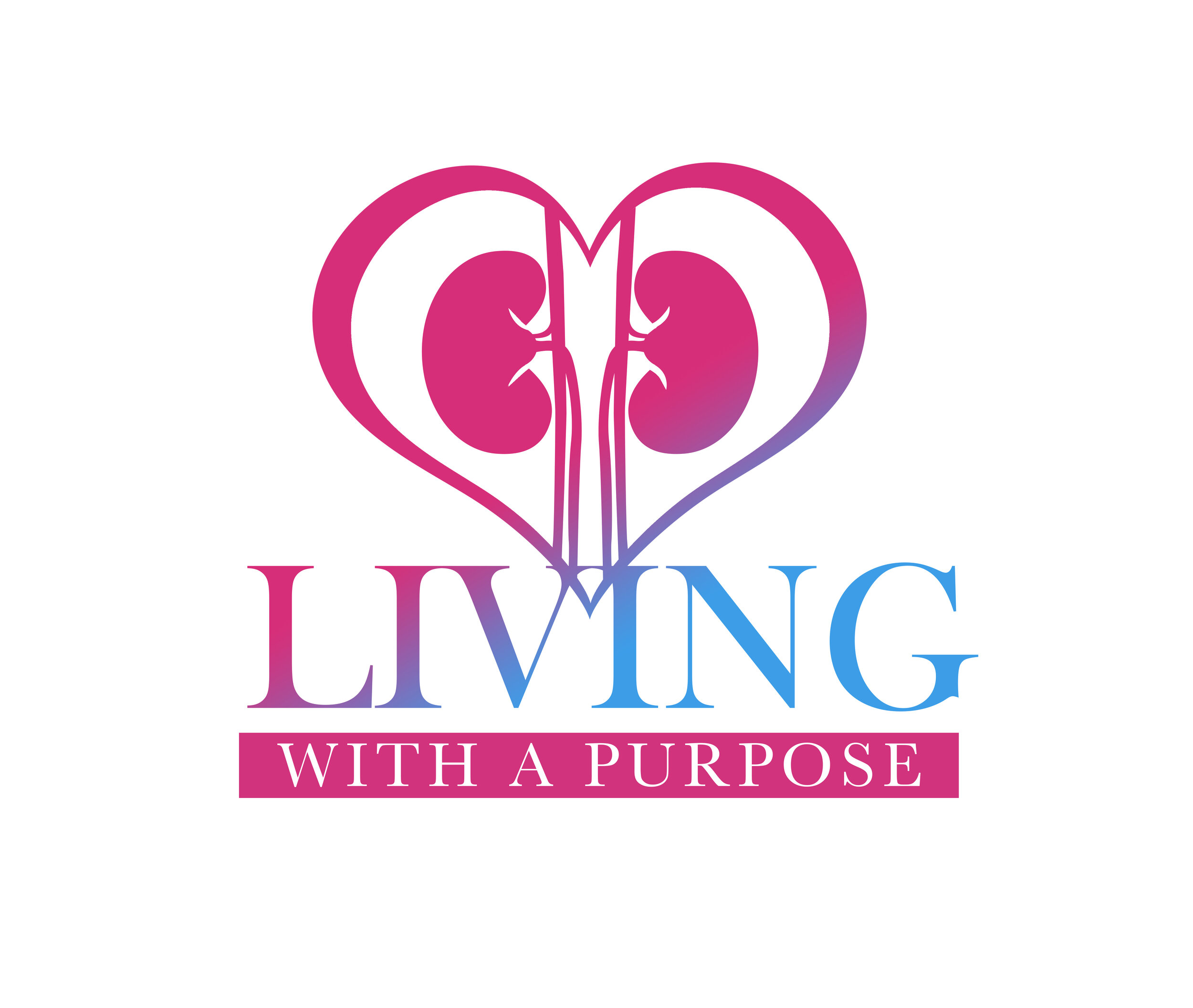How STUFF Gets In The Way of BE-ing and Affects Your DO-ing
In our daily lives, we encounter various emotions and experiences that can either contribute to or hinder our personal growth and development. These emotions and experiences that I will collectively called "STUFF," (Sh*t That’s Useless Fruitless Futile) which include pain, insecurity, past traumas, and distractions that can get in the way of our inner peace, efficiency, energy and happiness. This think piece will discuss how STUFF gets in the way of BE-ing and affects DO-ing and how we can overcome them to achieve a fulfilling life full of joy and contentment as you strive to achieve all that you are meant to do.
Understanding the STUFF
STUFF is anything that keeps us from being the best version of ourselves. It can be external, like distractions from social media or the noise around us, or internal, like past failures, insecurities, or traumas. These internal experiences can be particularly challenging to deal with, as they can lead to negative self-talk, lack of confidence, self-doubt and resentment.
Some of the most common forms of STUFF that we face include pain, insecurity, past traumas, and distractions. Pain can come in many forms, including physical, emotional, and psychological. Pain affects most of the systems in the body and compromises immunity. Insecurity can arise due to past experiences or our perception of ourselves, leading to negative self-talk and a lack of confidence. Past traumas can be especially difficult to overcome, as they can lead to PTSD and poor coping mechanisms and strategies. Distractions can come from the outside world or from within, and can lead to a lack of focus and decreased capacity for what matters.
The fact is all that we experience has impact in all facets of life.
How STUFF affects BE-ing
BE-ing refers to our inner state of presence, which is essential in achieving happiness and fulfillment in life. STUFF can significantly affect our BE-ing, making it difficult to experience inner joy, peace, and contentment. When we are dealing with STUFF, we may find it hard to be still and quiet, reflect, and practice introspection. We may struggle to meditate or be mindful of our thoughts and emotions.
The STUFF can also make it difficult to form meaningful relationships. For instance, pain, insecurity, shame, and past traumas can cause emotional distress and lead to inactivity, affecting our efficiency and time. Lack of acceptance and trust can also contribute to feelings of isolation and loneliness, making it difficult to form close connections with others.
To overcome these obstacles, we need to practice introspection, meditation, and reflection. These practices can help individuals build self-awareness, understand and accept our emotions, and develop healthy coping mechanisms to manage stress and anxiety. Meditation can help us reduce anxiety and stress, leading to better mental health. Furthermore, setting boundaries, practicing vulnerability, and developing healthy relationships can help as we establish a sense of trust and acceptance, leading to better BE-ing.
How STUFF affects DO-ing
DO-ing refers to our actions, including our careers, businesses, health, and wellness practices. STUFF can significantly affect our DO-ing, leading to a lack of motivation and decreased productivity. When we are dealing with STUFF, we may find it hard to focus on our careers and businesses. We may struggle to maintain healthy habits and routines that promote wellness and good health. Past traumas and insecurities can lead to a fear of failure, which can make it difficult to set goals and intentions. Distractions can lead to procrastination and avoidance behaviors, making it challenging to develop plans and strategies that support health habits and routines. Moreover, triggers can cause anxiety and stress, leading to stagnation and frustration.
To overcome these obstacles, we need to develop techniques that help us feel grounded and give a solid starting point when things go off track. Establishing intentions and setting achievable goals can help us stay motivated and focused, leading to increased productivity. Additionally, volunteering and engaging in activities that bring joy can help as we find purpose and meaning, leading to a sense of fulfillment.
Overcoming STUFF
Overcoming STUFF is not an easy task. It requires a lot of effort and dedication, but the rewards are worth it. One of the first steps to overcoming STUFF is to acknowledge it. We need to recognize that we are facing challenges and that they are affecting our BE-ing and DO-ing. Once we have acknowledged our STUFF, we can start to work on it. Practicing introspection, meditation, and reflection can help build self-awareness, understand and accept emotions, and develop healthy coping mechanisms to manage stress and anxiety.
Another effective way to overcome STUFF is to seek help from a mental health professional. They can offer guidance and support, and help individuals develop strategies to overcome their STUFF. Additionally, talking to friends and family can also be helpful. They can offer a different perspective and provide emotional support.
The work of becoming more efficient really has more to do with how to function in a healthy way and less to do with actual time. By learning fundamental strategies to find more space in your schedule, you develop skills that are transformed to create more usable time which increases your energy and capacity.
This piece will continue to grow and expand as I do and I hope you have gained something from it. Thank you for your time.
